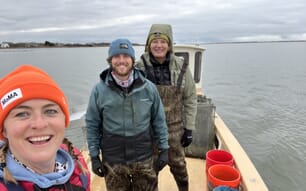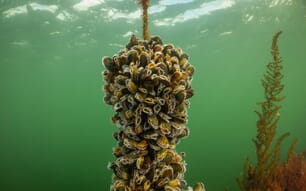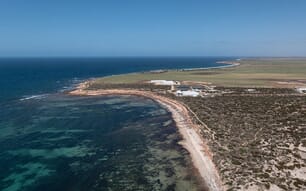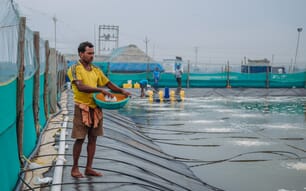The Ardtoe facility is carrying out the work as part of the IDREEM (Increasing Industrial Resource Efficiency in European Mariculture) project which aims to assess the benefits of offshore and land based IMTA, and to identify and overcome obstacles to commercial IMTA production, in order to improve the long-term sustainability of the European aquaculture industry.
IDREEM is a European-funded Seventh Framework Programme (FP7) project coordinated by the Scottish Association for Marine Science (SAMS) and delivered in collaboration with fourteen industrial and research partners from across Europe from 2012–2016.
“By developing IMTA in collaboration with several European fish farming companies, the IDREEM project seeks to determine whether IMTA production can reduce waste, increase productivity, and increase profit for fish and shellfish farms, in comparison with conventional monoculture, by recycling waste streams that are otherwise lost to the environment,” said Professor Kenny Black and Marieke Steuben (SAMS), speaking on the project.
Helping Develop the Industry
Whilst European aquaculture has matured in the last 10–15 years, its aquaculture production has stagnated.
In a global aquaculture marketplace, where production is increasing at an average of seven per cent each year globally, the European aquaculture sector has fallen behind.
“European aquaculture needs to embrace new technologies and innovations if it is to develop and increase seafood security for European consumers,” said Professor Black.
Although IMTA has been studied as a concept, it has not yet been adopted commercially in Europe.
IMTA could be a sustainable way forward for Europe as farmed species alongside extractive species also has the potential to increase efficiency, open up new markets, derive new aquaculture products, increase production and income and improve seafood security for European nations.
Ardtoe Managing Director, Tim Attack, said he anticipates that the results of the project will help the aquaculture industry partners to make much more informed decisions about whether they can use IMTA technology to improve their food production and profitability, while at the same time securing environmental benefits. The improved evidence base for IMTA should also have benefits across the whole sector, enabling fish farms to develop IMTA systems with lower business risk.
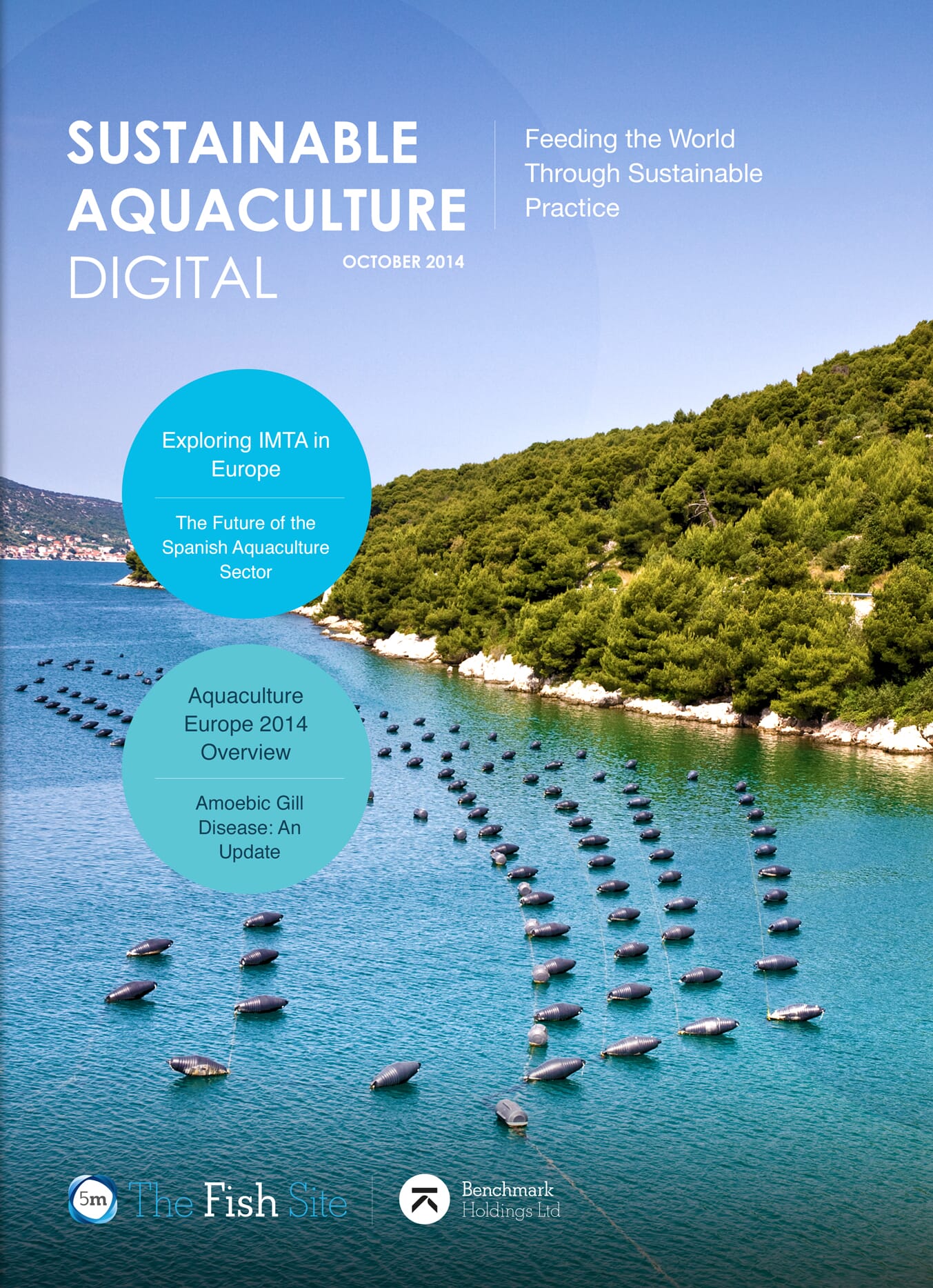
This article has been taken from the October 2014 Sustainable Aquaculture Digital. To read the full article please, click here.
You can sign up for the next edition of the FREE Sustainable Aquaculture Digital, here.

